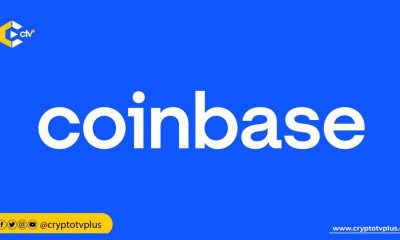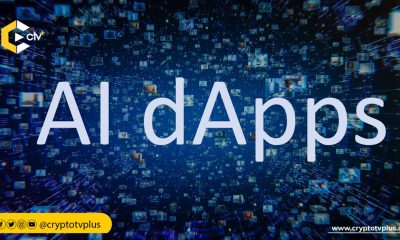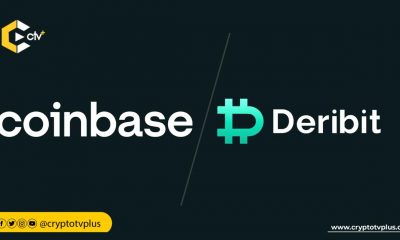News
Coinbase Engineer introduces personal Open-Source project to transform Metadata in Web3

At the Mainnet Summit by Messari, Ming Jiang, a product manager at Coinbase, announced an open-source initiative focused on metadata within the crypto space. However, the presentation made by Ming is not a representation of Coinbase.
Metadata, which refers to additional information associated with addresses, protocols, or activities on the blockchain, plays a crucial role in enhancing data analysis in the crypto world.
It summarizes basic information about data, making it easier to find, use, and reuse specific instances of data.
Metadata can include various types of information, such as descriptive, legal, and preservation metadata, each serving specific purposes in organizing and managing data.
Wide range of Metadata categories and their importance
The engineer further delved into the wide-ranging nature of metadata, encompassing categories such as L1 mixers, miners, oracles, decentralized exchanges (Dex), and decentralized autonomous organizations (DAO).
Moreover, metadata can be attribute-based, utilizing labels like “money laundering” or “privacy” to identify specific addresses engaged in related activities.
To illustrate the importance of metadata, he presented three scenarios. Metadata empowers teams to conduct comprehensive user profile analysis, facilitating the strategic planning of token incentives and allocations for airdrops.
Traders can leverage metadata for monitoring inflows and outflows on major exchanges, which can help create valuable trading signals.
In case of a security exploit, investigators can track the flow of funds and identify the entities involved by utilizing metadata labels, thereby enabling efficient investigations.
Challenges with existing service providers
Ming highlighted several challenges faced by crypto enthusiasts and professionals when working with metadata. Currently, many rely on proprietary Web2 methods, which limit the industry’s potential benefits.
Furthermore, Ming discussed the lack of standardized definitions for different metadata categories, resulting in inconsistencies among service providers. Terms like “ads,” “advertising,” or “advertisement” may be used interchangeably, confusing data queries.
Due to concerns about data quality and the need for broader coverage, users often find themselves integrating with multiple service providers. However, this practice can be both costly and inefficient.
Critics argue that the current centralized service provider model follows a Web2 style, making it vulnerable to disruptions that can significantly impact users. Additionally, this approach is deemed expensive for extensive analysis.
The rapidly increasing number of addresses in the crypto space presents a challenge for existing services. The Coinbase product manager acknowledges that collectively, these services struggle to keep up with the daily influx of new addresses.
A notable problem arises with stale data, particularly during key events such as exploits or periods of high activity. Users encounter difficulties in accessing the most up-to-date metadata during such critical times.
The Open-Source solution
To tackle these challenges, Ming Jiang introduced an open-source project called Microscope. The project aims to overcome the limitations of current metadata approaches and has set five goals: standardizing the taxonomy, offering transparent sources and providers, enabling decentralized service hosting, becoming a central hub for data distribution, and ensuring free access for the community.
Microscope has gained support from partners such as Coinbase, Massari, Chent, and Go Plus. It has already collected over 220 million labeled addresses across 33 networks and 95 label categories. The estimated coverage includes assets worth more than 60 billion USD.
The coverage primarily focuses on BTC, EVM chains, and a few other networks. Bitcoin and Ethereum receive extensive coverage. Microscope plans to refine metadata taxonomy definitions, open the platform to the community, establish reputation scores for contributors, create feedback mechanisms, and enhance on-chain accessibility.
Developers, analysts, and enthusiasts are strongly encouraged to engage with and contribute to this open-source initiative, which aims to drive innovation and advancements in blockchain analytics.
Read also; AI’s growth necessitates Worldcoin to combat identity fraud & bot interaction – CEO, Tools for Humanity

























1 Comment